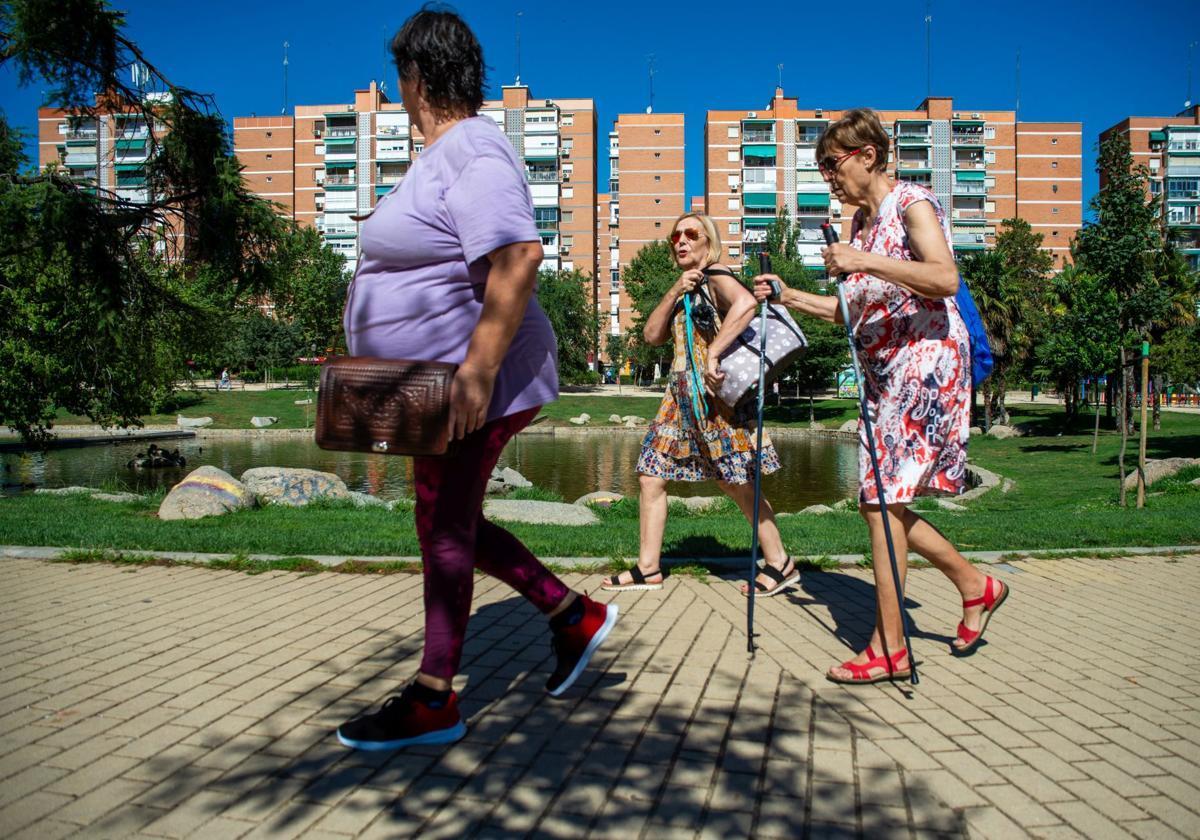

Sections
Highlight

Spain's pension reform is less than a month away from facing its first major test. The independent authority for fiscal responsibility (AIReF) will present before 1 April the report assessing the impact of the new measures aimed at delaying the effective retirement age and balancing the pension books, an analysis that will be key to knowing whether it is necessary to activate the 'closure clause' and take additional measures to guarantee sustainability.
However, the institute for actuaries in Spain has already issued its verdict: the pension reform designed by the current governor of the Bank of Spain, José Luis Escrivá, has not been sufficient to achieve that financial balance and guarantee the sustainability of the system, as pensioners are receiving increasingly generous benefits and the gap between what they receive and what they contribute is widening.
"The reforms undertaken in 2021 and 2023 have been insufficient and have failed to curb the growing imbalance between the actuarial present value of the pension income a person receives in retirement and the actuarial present value of the pension contributions they have made during their working career," concluded a recent report by this body of professionals who, using statistics and financial theory, analyse the risks of future scenarios and quantify the potential financial impacts of certain events.
This group of experts in the money markets warns that the imbalance between what is contributed to and what is received by the Spanish pension system "has continued to worsen over the last five years." In other words, the generosity of pensions has grown despite measures aimed at containing expenditure. Therefore, according to their meticulous calculations, an individual with an uninterrupted working career and paying the average pension contribution (what they call the 'typical individual') will receive as a pensioner 62% more than what he or she has contributed to the system via their social security contributions. Back in 2020 that same person would have received only 55% more. The effectiveness of the reforms to balance the system has come up against two external enemies: longer life expectancy (the probability of survival has increased by 1% in the last five years) and the likelihood of lower future economic growth.
Although this increase in the generosity of what most retirees will receive, there are two groups for whom, in stark contrast, the amount has been cut: workers with a short working life and those who choose to take early retirement. This reduction is due to the implementation of the last two pension reforms in Spain, not only the latest batch, but also that of 2011, which progressively postponed the normal retirement age and increased the number of years of contributions. Thus, in 2025 the ordinary retirement age will be 66 years and 8 months, while in 2020 it was 65 years and 10 months. At the same time, the ordinary retirement age remains at 65 years for working careers of 38 years and 3 months or more in 2025, whereas 37 years was sufficient in 2020.
The actuaries warn that, in the absence of further action, the generosity of pensions will continue to grow to the point where a typical pensioner will receive more than double what he or she contributed during his or her working life. Thus, the actuarial equity factor (the euros a pensioner receives for each euro contributed) will rise to 2.14 in 2045 and 2.20 in 2065 due, once again, to the fact that people will continue to live increasingly longer and also that the economic forecasts are less promising.
Therefore, they argue for the need to adopt automatic pension adjustments linked to life expectancy and economic growth along the lines of what other European countries have done.
Publicidad
Publicidad
Publicidad
Publicidad
Esta funcionalidad es exclusiva para registrados.
Reporta un error en esta noticia

Debido a un error no hemos podido dar de alta tu suscripción.
Por favor, ponte en contacto con Atención al Cliente.

¡Bienvenido a SURINENGLISH!

Tu suscripción con Google se ha realizado correctamente, pero ya tenías otra suscripción activa en SURINENGLISH.
Déjanos tus datos y nos pondremos en contacto contigo para analizar tu caso

¡Tu suscripción con Google se ha realizado correctamente!
La compra se ha asociado al siguiente email
Comentar es una ventaja exclusiva para registrados
¿Ya eres registrado?
Inicia sesiónNecesitas ser suscriptor para poder votar.